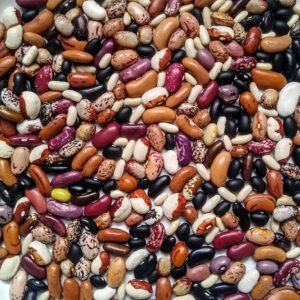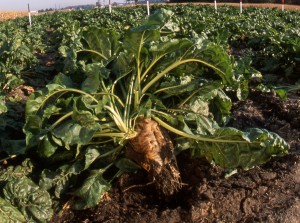
 In 2008, OSA along with our partners, including the attorneys at Center for Food Safety (CFS), successfully won a lawsuit against USDA for its illegal approval of GE sugar beets. The court banned GE sugar beets in 2010 until a full environmental impact statement was conducted. CFS has gone back to court twice since then, calling for proper environmental review.
In 2008, OSA along with our partners, including the attorneys at Center for Food Safety (CFS), successfully won a lawsuit against USDA for its illegal approval of GE sugar beets. The court banned GE sugar beets in 2010 until a full environmental impact statement was conducted. CFS has gone back to court twice since then, calling for proper environmental review.
OSA engaged in these lawsuits because current regulatory frameworks do not protect organic and non-GE farmers, including seed producers, and plant breeders and other stakeholders, from GE contamination. The current framework for GE crops does not even attempt to contain and segregate commercialized GE crops from non-GE crops, and instead unfairly places the burden of protecting the integrity of organic seeds and other agricultural products on the shoulders of organic farmers. Up until these cases, and the case of GE alfalfa that preceded them, no EIS had ever been conducted on a GE food or feed. That means potential agronomic, economic, and environmental effects of GE seed never received in-depth analysis before moving onto shelves and into fields.
Please provide comments before 11:59 pm EST on December 13, 2011. Here are Five Reasons GE Sugar Beets Threaten Organic & Non-GE Farmers. And you can find more background on the issues at these links after the jump.
GE Sugar Beet Environmental Impact Statement (opens PDF)
Court of Appeals Dismisses Monsanto’s Appeal of GE Sugar Beet Case
Leading Organic Businesses Oppose GE Sugar Beets
